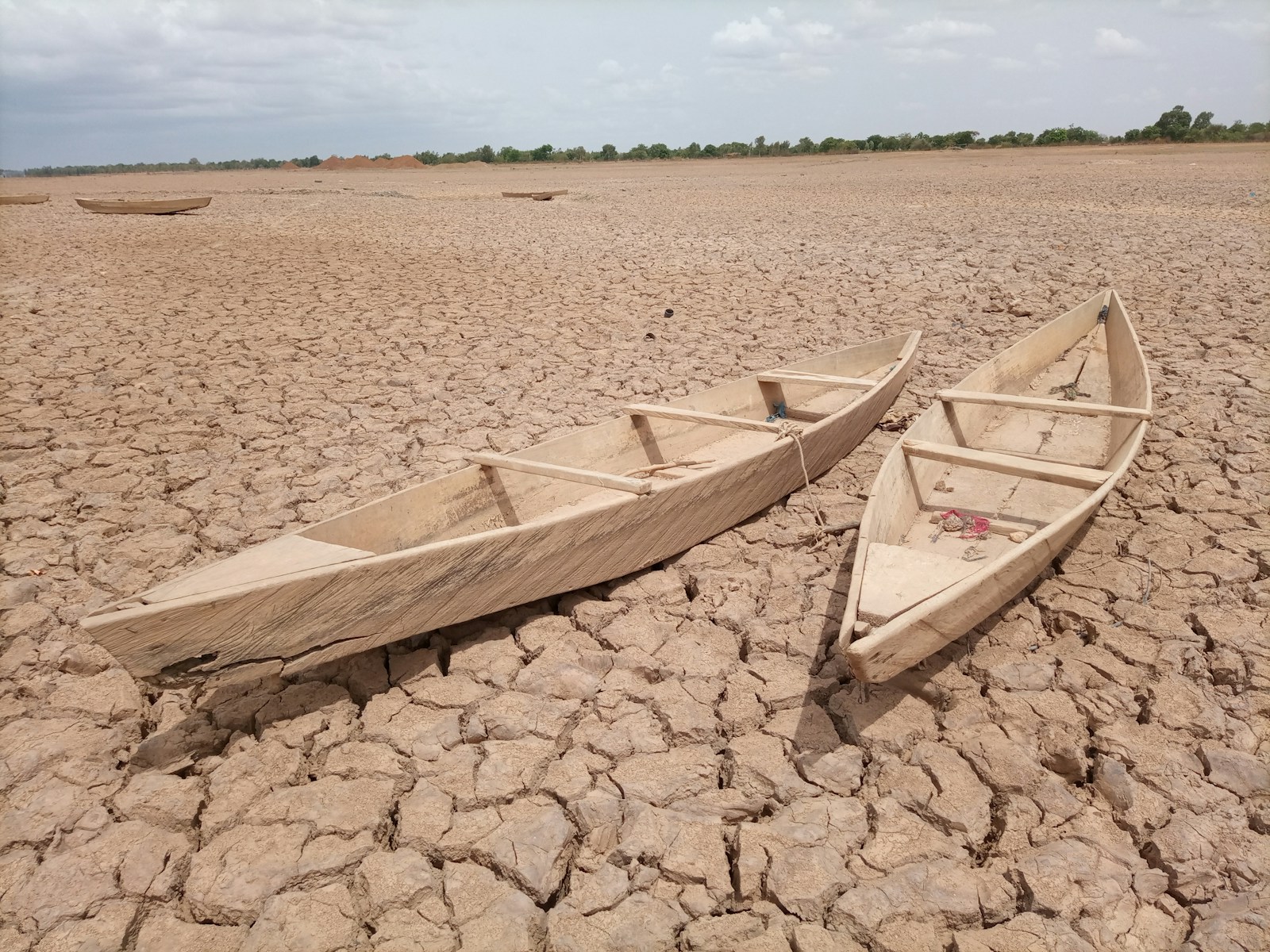Southern Africa’s US$2.1 Billion Agrifood Investment: Strengthening Food Security and Economic Resilience
Introduction:
Southern Africa is taking bold steps towards a brighter and more secure future by focusing on a US$2.1 billion agrifood investment. Spearheaded by the Southern African Development Community (SADC) Secretariat, this significant investment aims to modernize agriculture, ensure food security, and improve economic resilience in the face of challenges like climate change. The agrifood sector is a critical driver of economic stability and growth for the region, and this investment is set to propel Southern Africa towards a prosperous and sustainable future.
The Vision Behind Southern Africa’s Agrifood Investment
Transforming Agriculture for Sustainable Growth
The government of Southern Africa recognizes that agriculture is at the heart of its economic development. By investing in the agrifood sector, the region seeks to modernize farming practices, improve infrastructure, and create more resilient agricultural systems. The US$2.1 billion agrifood investment is a response to the growing need for climate adaptation, food security, and the economic development of the region.
The Ministry of Communications and Technology (MoCT) is working alongside the SADC Secretariat to develop a comprehensive National Digital Transformation Strategy that will lay the foundation for the future of agriculture. By incorporating advanced technology, efficient practices, and sustainable methods, this strategy aims to modernize agriculture in the region.
Key Pillars of Southern Africa’s Agrifood Investment
1. E-Governance and Public Service Delivery
In an effort to streamline operations and enhance transparency, the agrifood investment will focus on e-governance. With the help of digital platforms, citizens will have easier access to critical services such as business registration, tax payment systems, and agricultural market access. These improvements will increase public trust in government systems, reduce bureaucratic hurdles, and boost efficiency.
2. Digital Infrastructure Development
A robust digital infrastructure is essential for supporting innovation and connecting regions across Southern Africa. The US$2.1 billion agrifood investment will fund the development of fiber optic networks, national data centers, and broadband expansion to ensure that all areas, including remote rural regions, are digitally connected. This infrastructure is key for improving agricultural productivity, enabling e-commerce, and facilitating communication between farmers, traders, and consumers.
3. Digital Economy and Entrepreneurship
The youth population of Southern Africa is increasingly tech-savvy, and the agrifood investment is designed to harness this potential. The region is supporting startups, fintech companies, and digital entrepreneurs by creating innovation hubs and offering digital skills programs. These efforts will help unlock the potential of the digital economy, which will lead to new markets, job creation, and inclusive growth.
4. Digital Inclusion and Skills Development
Digital literacy is vital for making sure all sectors of society can benefit from the agrifood transformation. The MoCT is prioritizing digital education in schools and providing training programs for professionals to ensure that every citizen, especially women and rural communities, can benefit from the opportunities in the digital space.
The Role of the SADC Secretariat in Driving Agrifood Investment
Guiding the Digital Transformation in Agriculture
The SADC Secretariat plays a central role in managing the investment and ensuring it aligns with regional goals for food security, economic growth, and sustainability. By working with local governments, international partners, and the private sector, the SADC aims to promote a collaborative approach to transforming Southern Africa’s agrifood systems. The Secretariat is responsible for coordinating the various sectors and ensuring that the investment reaches its target areas.
Enhancing Cybersecurity and Data-Driven Governance
A crucial part of the agrifood investment is strengthening cybersecurity across government institutions. As digital transformation accelerates, protecting agricultural data, supply chains, and communication systems will be vital to safeguarding the economic interests of the region. The MoCT is working with both regional and international partners to develop policies that will enhance data security, ensure privacy, and foster data-driven decision-making.
Benefits of Southern Africa’s Agrifood Investment
1. Improved Governance and Transparency
By implementing digital systems and automating processes, the agrifood investment will lead to more transparent and accountable governance. With streamlined access to services, businesses, and citizens will benefit from reduced corruption and increased trust in government institutions.
2. Efficient Public Services
The integration of online platforms will allow citizens and businesses to access government services more easily. This digital infrastructure ensures that public services such as licensing, taxation, and subsidies are more efficient, saving time and reducing administrative costs.
3. Economic Growth and Job Creation
The digital economy is a key driver of job creation in Southern Africa. By investing in innovation hubs and providing digital skills training, the agrifood investment will stimulate the growth of startups, agritech businesses, and fintech companies. These industries will offer new job opportunities and contribute to regional economic growth.
4. Social Inclusion
The agrifood transformation focuses on digital inclusion. By promoting digital literacy and ensuring that all citizens, regardless of gender or location, have access to digital tools and education, this initiative ensures that every member of society can benefit from the opportunities brought by digital transformation.
5. Global Integration
A connected Southern Africa will be better positioned to engage with the global market. The agrifood investment will strengthen the region’s ability to trade, collaborate with international partners, and participate in global supply chains, further integrating the region into the global economy.
Challenges and Opportunities Ahead
Infrastructure Gaps and Cybersecurity
While the path to a fully digital Southern Africa is filled with challenges, including gaps in infrastructure and cybersecurity concerns, the region is prepared to tackle these issues. By investing in infrastructure and forming public-private partnerships, the government is positioning Southern Africa as a model for digital transformation in developing regions.
Conclusion: Southern Africa’s Digital Future Is Now
The US$2.1 billion agrifood investment is more than just a technological advancement — it’s a strategic move that will enhance food security, foster economic growth, and strengthen climate change adaptation across Southern Africa. As the region embraces this transformation, it is poised to become a leader in sustainable, tech-driven agriculture that benefits all sectors of society. With a focus on digital inclusion, economic resilience, and collaboration, Southern Africa is on track to create a more prosperous, connected, and secure future for its people.
FAQs About Southern Africa’s Agrifood Investment
- What is the US$2.1 billion agrifood investment in Southern Africa?
The US$2.1 billion agrifood investment is a strategic initiative aimed at modernizing agriculture, improving food security, and enhancing economic resilience across Southern Africa. - Why is this agrifood investment crucial for the region?
The investment is vital for addressing food security challenges, adapting to climate change, and fostering economic growth through digital innovation in agriculture. - What role does the SADC Secretariat play in this investment?
The SADC Secretariat coordinates the agrifood investment, ensuring it aligns with regional goals and promotes cooperation among governments, private sectors, and international partners. - How will this investment improve food security in Southern Africa?
The investment will improve food production systems, create more resilient food networks, and reduce reliance on food imports, enhancing food security in the region. - What are the economic benefits of this agrifood investment?
The agrifood investment will drive job creation, foster entrepreneurship, boost private sector growth, and stimulate innovation, contributing to Southern Africa’s economic development.




